
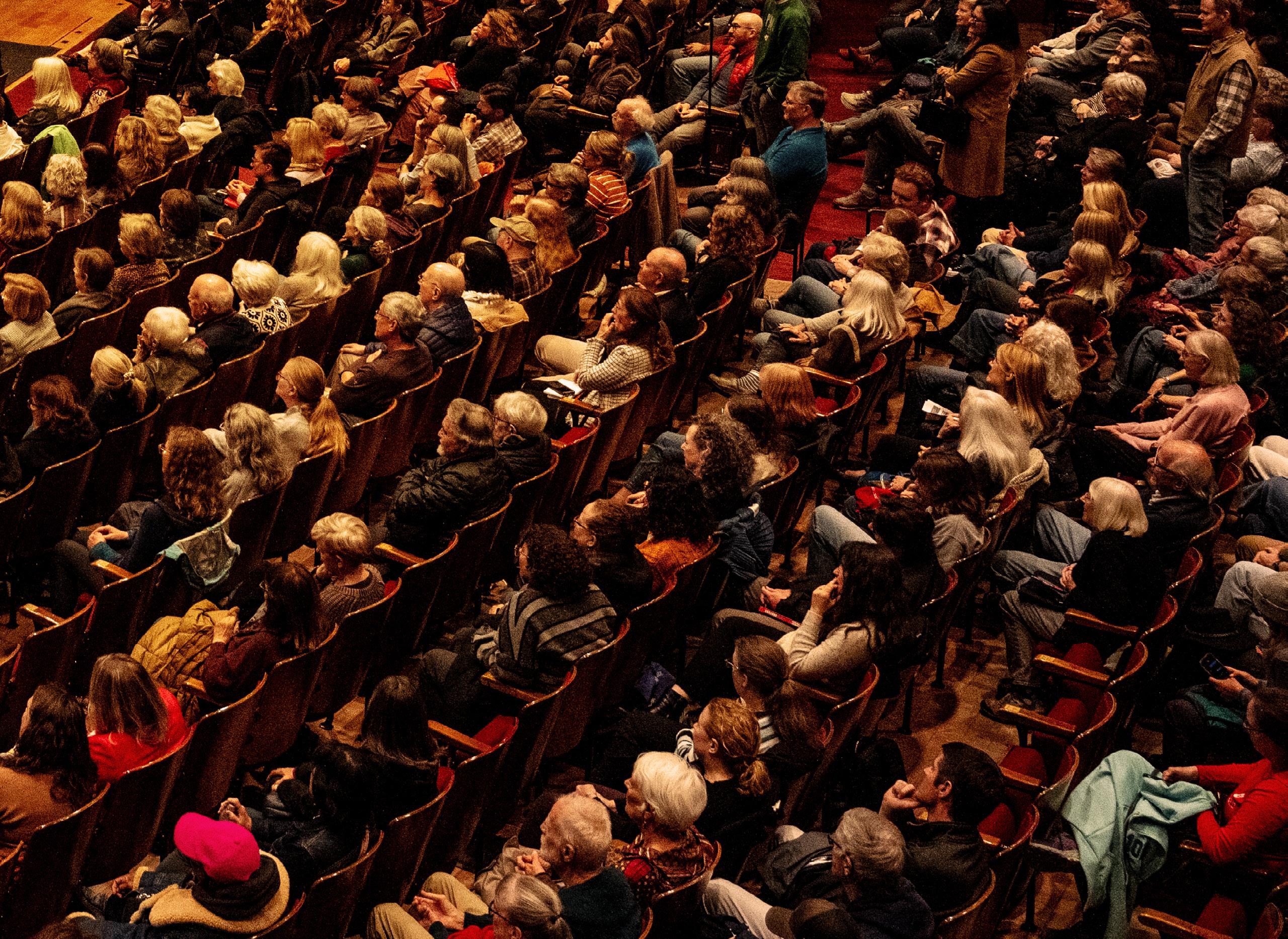
Obert C. and
Grace A. Tanner Humanities Center
University of Utah



Obert C. and
Grace A. Tanner Humanities Center
University of Utah
The Obert C. & Grace A. Tanner Humanities Center is a cornerstone of Humanities in Utah and has elevated our institution, community, and state for over 35 years. Under new director Scott Black, the Tanner has branched out from center mainstays of keynote lectures and conversations with literary and humanistic luminaries, delving into community engagement with the podcast and a new book club as well as a Community Advisory Board. This year’s energetic approach also included revitalizing long-standing partnerships such as the Mormon Studies collaboration with the Department of History.
As the University of Utah focuses renewed energy on the mission of creating unsurpassed societal impact, the Tanner brings the driving force of the humanities to academic and community audiences alike.
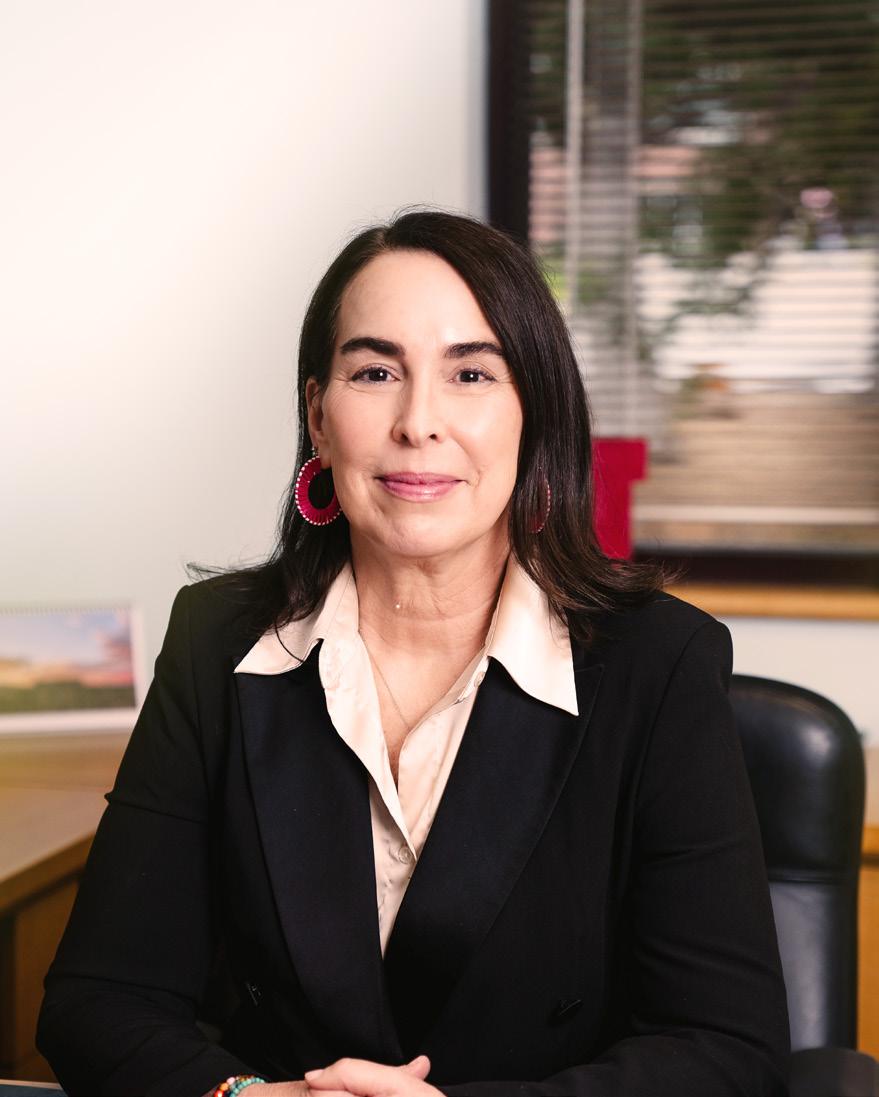
Thanks to the generosity of the Tanner family and O.C. Tanner, we are proud to welcome all who come to the Tanner Humanities Center to experience unparalleled national conversations, highlighting the essential role of the humanities in our thriving future. Your support impacts countless lives, through groundbreaking research and programming that elevates the U overall.

Dean, College of Humanities
Dean, School for Cultural & Social Transformation
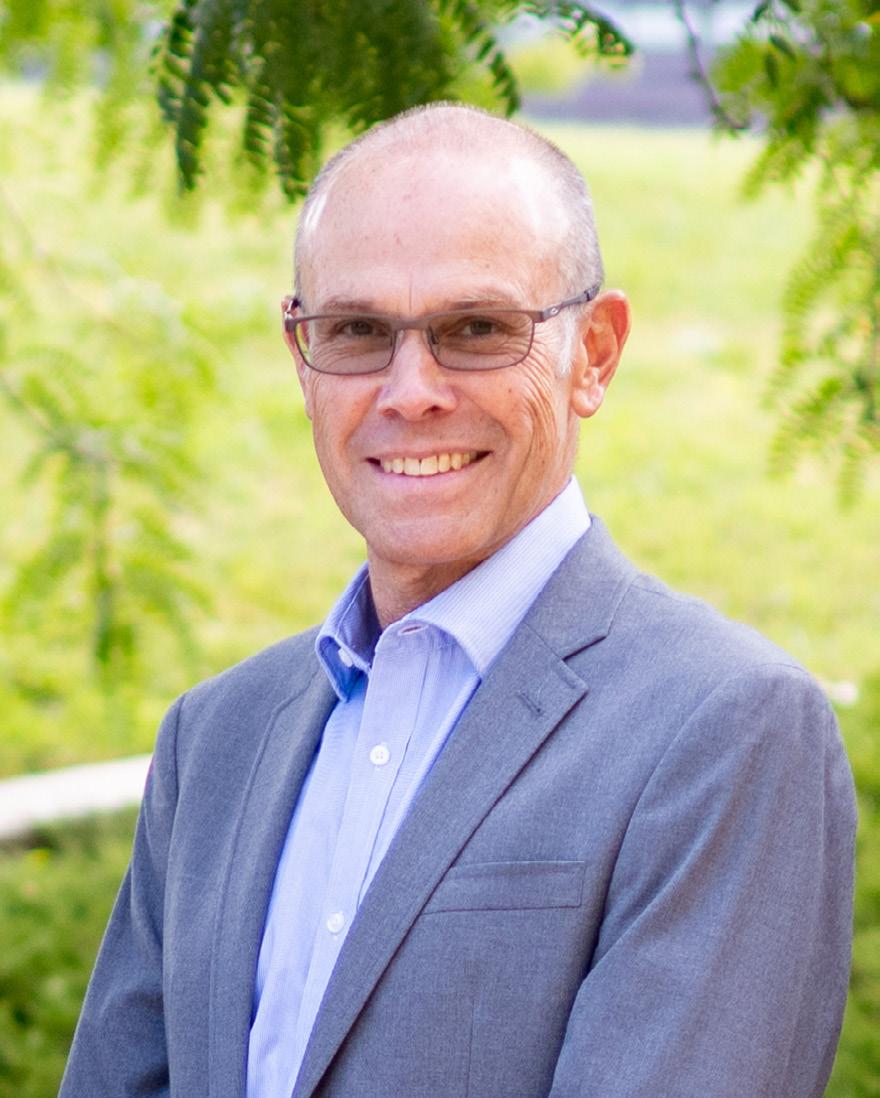
In his Introduction to his mother’s autobiography, Obert C. Tanner writes of Annie Clark Tanner’s “years of pride” in watching her ten children’s “development.” Following in the same paragraph is another kind of development and source of pride:
Also, there was her deep satisfaction in learning; her joy with books and lectures; and her search for knowledge about the world, the causes of events, the motives of people, and scientific explanations. With religious devotion she loved and sought the truth with all her mind and all her soul. And in this quest for truth, her children came to believe with her, that a university was the noblest creation of man.
Though a devout man, Obert Tanner celebrates the formative influence of his mother’s devotion not to religion but to her search for truth, for knowledge about causes, motives, and
explanations. It is her curiosity, he writes, her search for knowledge and the way her love for truth is bound up with the quest for it, that is her gift to her children. Obert Tanner subtitled his autobiography, In Search of Freedom, and his own story shows how the two are intimately connected: the freedom to search is part and parcel of the search for freedom. At the heart of his life project is the love of knowledge, and the place dedicated to that quest for freedom and the freedom to ask questions, the place formed by curiosity, is a university.
In my first year as Director of the Tanner Humanities Center, I have been guided by Obert C. Tanner’s vision of the importance of education and the Humanities. We continue his legacy of cultivating the curiosity and love of learning that are at the heart of the university.
Each participant in our Tanner events will have their own favorite moments, things that sparked their curiosity and opened new perspectives on their lives and the human experience. Here are a few of my own favorite moments. I was wholly absorbed by Ed Yong’s passionate and colorful presentation on the joys of birdwatching. Mr. Yong reminded us that careful observation of the natural world is a form of caring attention that connects us to wonders we too often walk past in our busy, wired lives. I was also moved by Percival Everett’s discussion of his wonderful novel, James, a retelling of Huck Finn from the perspective of Jim, now James. Reading, Dr. Everett said, is a subversive activity, a way to exercise one’s freedom to think and dream, even in the most difficult times. Percival Everett also participated in an exceptionally generous conversation with local high school students,
who had just read James and came prepared with insightful and incisive questions. It was a joy to watch Dr. Everett wholeheartedly engage with students in a shared exploration of fiction, history, and freedom.
I am grateful to our community of Tanner Fellows for their lively and informative series of works-in-process discussions. Each week brought another interesting project on local history, environmental studies, or global culture (to name just a few topics) for the group’s consideration and feedback. The work being done by our faculty and graduate students is world-class, and I enjoyed being part of the conversations that brought such excellent projects to fruition. I’ll also note that two of our graduate student fellows were hired for tenure-track positions this spring, and a faculty fellow secured a book contract.
In my previous role as Department Chair, I saw how research and scholarship in the Humanities is changing. A lot of our most exciting and innovative new work is team-based, hands-on, and multi-media. This year I launched a new model of fellowship support, Tanner Labs, to support that kind of shared, interdisciplinary, and experimental work. Each Tanner Lab funds a team of researchers for two years to develop an innovative collaborative research project that experiments with emerging theoretical questions, research methods, pedagogical practice, and forms of public engagement. Our first Lab, an interdisciplinary project in Environmental Storytelling, is described in these pages.
I am also proud of our work with our superb Middle East Center to build a culture of civil discourse around some of the most contentious conflicts of our time. With my colleague, Annie Greene, I established a faculty Research Interest Group on Contemporary Middle East Fiction. Throughout the year, a group of us from a variety of academic fields and personal backgrounds— Muslim, Jewish, and Christian—have met to discuss novels from across the Middle East. At a
time when people feel the need to take sides, we have explored the true complex realities of life in the Middle East as expressed in contemporary literature. Our scholarly collaboration models the kind of compassionate dialogue that will improve the tone of public engagement and conversation on our campus.
Among our other new initiatives, we have renewed our partnership with Mormon Studies and relaunched the Sterling M. McMurrin Lecture on Religion and Culture; presented an Evening with Great Books, featuring faculty from the College’s exciting interdisciplinary course; launched a new Tanner Book Club, which has brought readers from across the community together to discuss classic literature; and developed a podcast, The Virtual Jewel Box, which provides broader public access to conversations with our invited guests, fellows, and faculty.
Last, but not least, I am delighted to announce that we have established a new Community Advisory Board, which will help the Center create new partnerships across the community. These partnerships are especially important right now, as public funding for the Humanities is jeopardized. In these difficult times, the Tanner Humanities Center remains an important pillar of local support and advocacy for the Humanities. We know that the Humanities are a vital part of a good life, an informed public, and a flourishing community. We remain committed to our founding mission to keep the Humanities available to all and encourage everyone to freely develop their own love of learning, curiosity, and quest for the truth.

Scott Black Director
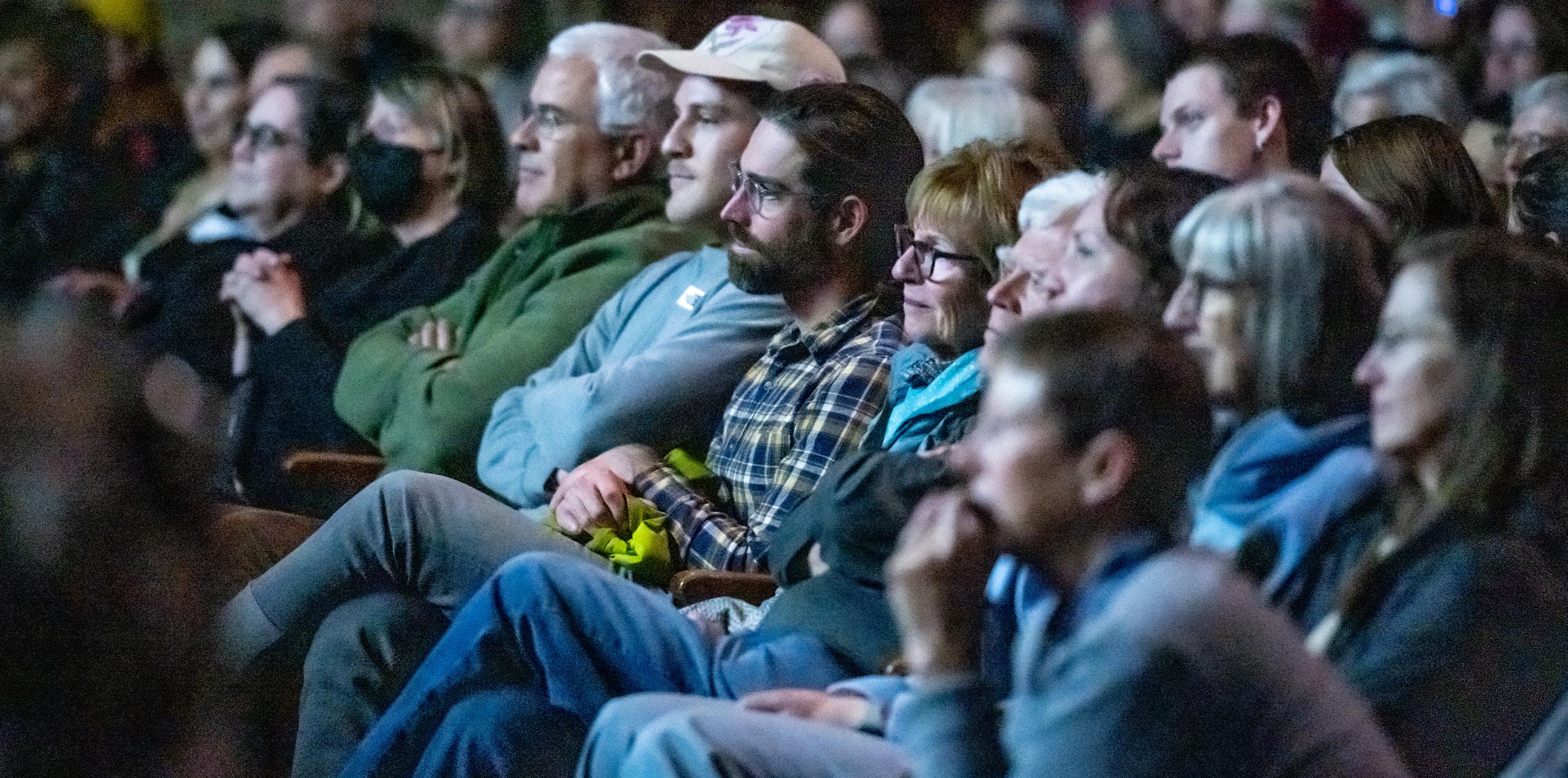
A symposium on September 13–14 at Snowbird, Utah, brought together scholars to present groundbreaking work in games humanities. Presentations covered diverse topics. Alexis M. Christensen (World Languages and Cultures) examined the representation of the ancient world in games like Assassin’s Creed Eliya Cohen (Philosophy and Games) assessed the ethics and psychological impacts of microtransactions. Nathan Wainstein (English) connected modernist artistic form with contemporary video game criticism. In the final presentation, Thi Nguyen (Philosophy and Games) explained why mechanical scoring systems are gratifying in games yet frustrating in real life.
The event capitalized on the University of Utah’s preeminent position in games studies. According to Scott Black, Director of the Tanner Humanities Center and Professor of English, “Games are one of the most important cultural forms of the twenty-first century and hugely popular with our students. The symposium emphasized how much the study of games has to offer the humanities, and how much the humanities has to offer the study of games.” Dean Hollis Robbins (English) noted Utah’s distinct advantages in this area: “With Utah’s top-ranked Division of Games, we are in a strong position to attract the best scholars working on games from a humanistic perspective.”
In her Tanner Talk at the Utah Museum of Fine Arts, Ruth Ben-Ghiat (New York University) examined defining features of authoritarianism, through her book, Strongmen: From Mussolini to the Present. She identified core traits, including personality cults, information control, and nationalist othering across 17 rulers, including Mussolini, Putin, Trump, Netanyahu, and Modi. Ben-Ghiat explained that strongmen seek office while under investigation as self-defense, use hyper-masculine displays and institutionalized misogyny, and employ “gambling for resurrection” when their power wanes—as seen in Putin’s invasion of Ukraine.
The next day’s panel, co-hosted by the Hinckley Institute of Politics and moderated by Jacqueline Sheean (World Languages and Cultures), expanded on these themes: Yuree Noh (Political Science) analyzed Saudi Arabia’s “gender washing”; Sean Lawson (Communication) discussed “cyber-enabled political warfare” through social media disinformation; and Julie Ault (History) examined Germany’s AfD party as evidence of democratic backsliding. In her closing remarks, Ben-Ghiat stressed the need for “gatekeeping” in political institutions as a check against disinformation and demagoguery. Her comparative analysis shows the benefit of international perspectives in understanding 21st-century authoritarianism’s defining features.
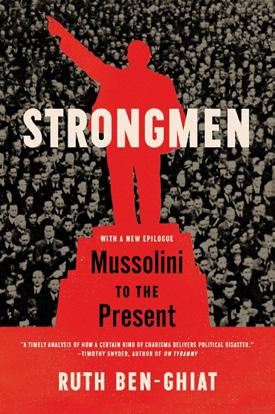
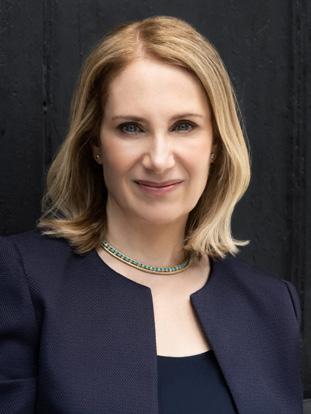
September 19
Ruth Ben-Ghiat, author of Strongmen: Mussolini to the Present
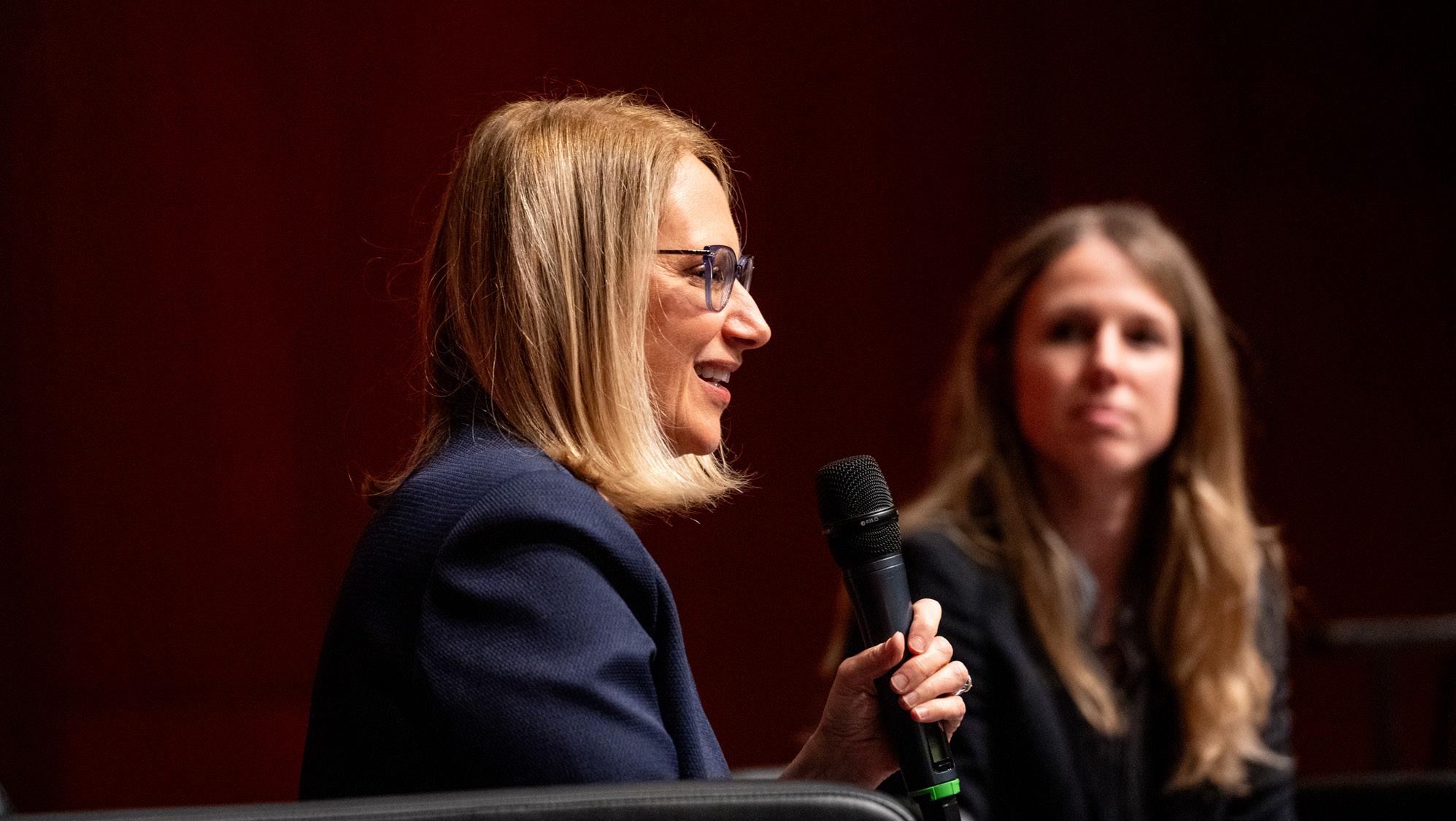
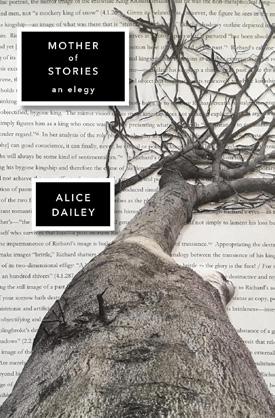

September 25
Alice Dailey, author of Mother of Stories
A Tanner Conversation on September 25 featured Alice Dailey (Villanova University) presenting and reading from her book, Mother of Stories: An Elegy, which blends memoir and scholarship to recount her mother’s life as “a gifted teacher, a passionate reader, and a pathological liar.” The book grew out of an uncanny coincidence: her mother’s death coincided with the completion of her scholarly project on representations of death in Renaissance drama. Dailey examines the term “martyr,” which originally meant witness rather than victim. This etymology complicates both her mother’s self-constructed narratives of victimhood and her own writing.
Mother of Stories belongs to the genre of autotheory, where theoretical insight is bound with personal experience. Host Lindsey Drager (English) introduced it as an “emotionally resonant investigation of the power of seeing the world askew, through an oblique angle, refracted, so that the binary between reality and artifice is obscured.” Dailey reflected on why literature professors assign “morbid” readings: “We read tragedy because it cultivates empathy—that consciousness of human suffering makes us more human. We read sad books because sadness is part of being alive.”
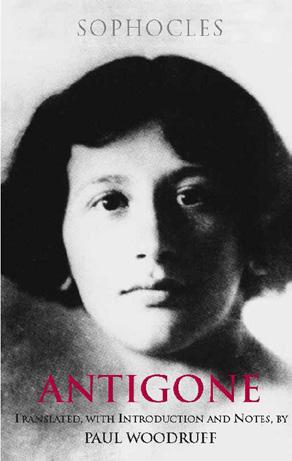
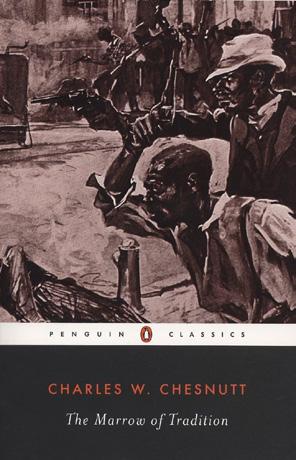

October 16

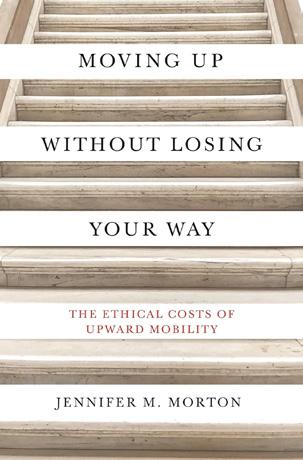
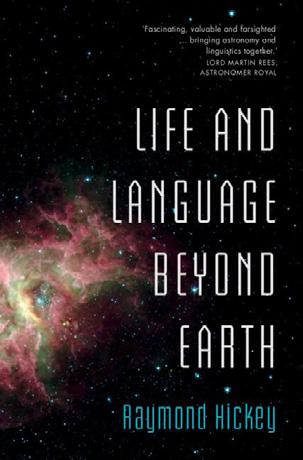
An Evening with Great Books
At a reception at Fort Douglas Commander’s House, faculty teaching Great Books in the Humanities shared their approaches to foundational texts. The course, which began in 2022, introduces first-year students to works from around the world, and from antiquity to the present. Margaret Toscano (World Languages and Cultures) elucidated Sophocles’ Antigone through Aristotle’s theory of tragedy, emphasizing tragedy’s dialectic of fate and choice. Richard Preiss (English) investigated Shakespeare’s Richard III, highlighting themes of deception and the vulnerability of all-consuming ambition. Hollis Robbins (Dean and Professor of English) presented Charles Chesnutt’s The Marrow of Tradition as a response to Plessy v. Ferguson, revealing racial segregation’s inherent instability.
Recent works received equal attention. Erin Beeghly (Philosophy) introduced Jennifer Morton’s Moving Up without Losing Your Way, exemplifying philosophy’s “social turn” toward real ethical dilemmas faced by first-generation college students. Avery Holton (Communication) demonstrated the relevance of Max Fisher’s The Chaos Machine through a phone-swapping experiment, revealing generational shifts in privacy expectations. Scott Black (Director of the Tanner Humanities Center and Professor of English) suggested that Virginia Woolf’s Mrs. Dalloway functions as an “empathy machine” by depicting the unknowability of other minds, while Aniko Csirmaz (Linguistics) showed that speculation about alien language in Raymond Hickey’s Life and Language Beyond Earth requires deep thinking about human linguistic uniqueness.
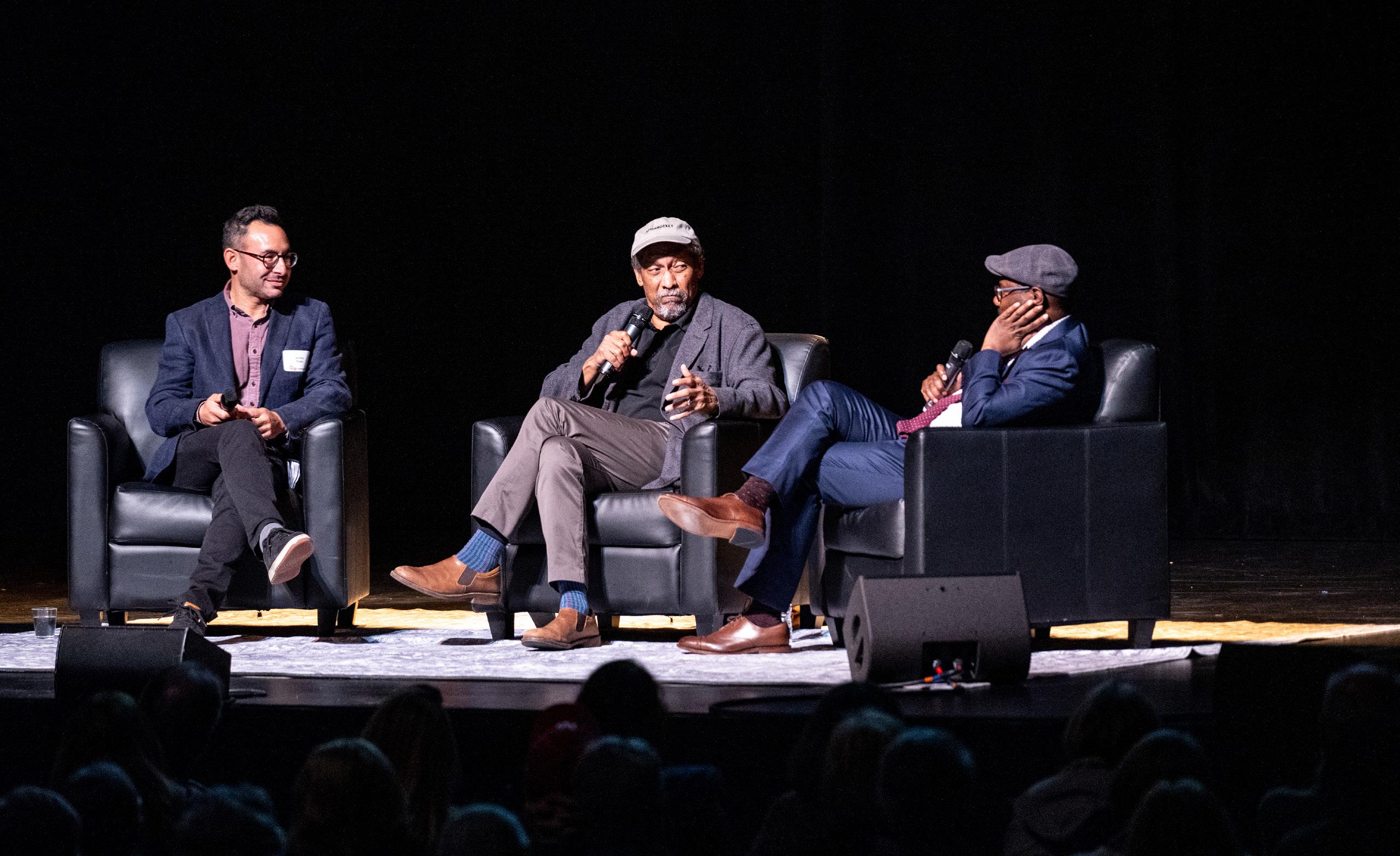
At his Tanner Conversation in Kingsbury Hall with Jeremy Rosen and Rone Shavers (English), Percival Everett (University of Southern California) discussed his 2024 novel, James, which retells Mark Twain’s Huckleberry Finn from Jim’s perspective. Everett described himself as “pathologically ironic,” yet clarified that “at the core of any irony is earnestness… a real love of something.” His interests span mathematics and philosophy, where “identity” is conceptual rather than demographic: “How is it that ‘A equals A’ is different from ‘A is A’?… When I start thinking like that, that’s when I know I’m working on something.” For James, he read Huckleberry Finn fifteen times until “thoroughly sick of it,” then wrote from memory.
Everett expressed frustration with contemporary publishing’s limited depictions of Black life, typically confined to “the antebellum South and inner-city North.” He stressed that Black culture resists simple characterization: “To characterize common Black sensibility is to have fallen into a trap of singularity that does not exist.” Like his many other works, James explores the logical conclusions of experimental premises, rather than polemicize.
James has won the National Book Award for Fiction and the Pulitzer Prize for Fiction.
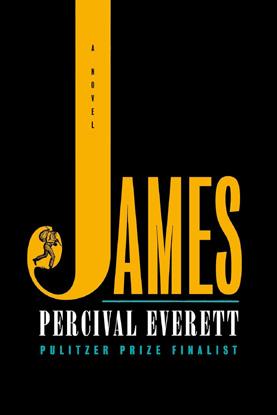
October 29
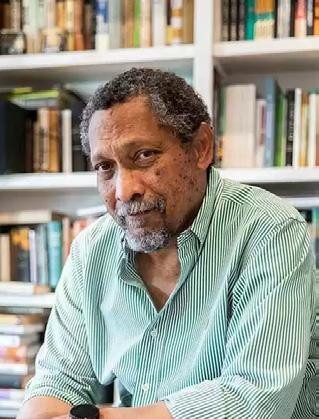
Percival Everett, author of James, winner of the National Book Award for Fiction
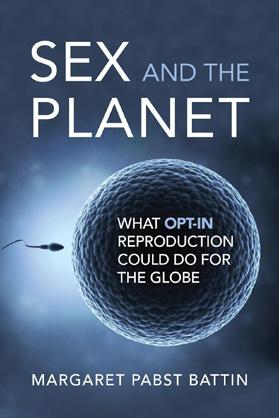
November 7

Peggy Battin, author of Sex and the Planet: What Opt-in Reproduction Can Do for the Globe
Distinguished Professor of Philosophy Margaret Pabst Battin’s Tanner Talk expounded on the “opt-in conjecture” from her new book, Sex and the Planet: What Opt-in Reproduction Could Do for the Globe. Her book examines a new paradigm for reproduction offered by longacting reversible contraception (LARC). Instead of an assumed default, requiring partners to opt-out, reproduction can become a wholly deliberate choice, requiring partners to optin. Battin argues that drastically reducing unintended pregnancies through LARC could mitigate contentious issues around sex and reproduction, from abortion to population fluctuations—but only if implementation is entirely voluntary, universally available, and reversible on demand. With advances in medical technology, this conjecture becomes not just a thought experiment, but an urgent ethical question.
James Tabery (Philosophy) situated Battin’s ideas within America’s troubled history of forced sterilization, including 800–900 sterilizations in early 20th-century Utah, where authorities often chose sterilization over addressing sexual abuse. David Turok’s (Obstetrics and Gynecology) clinical work demonstrated that reproductive justice principles of patient autonomy and informed consent must guide any contraceptive initiatives. His research has shown that removing access barriers and supporting patient choice yield better outcomes than promoting specific methods. The discussion illuminated tensions between philosophical ideals and institutional practices.
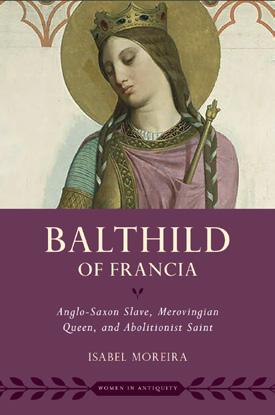
February 13
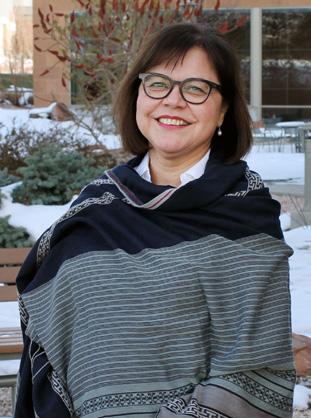
Isabel Moreira, author of Balthild of Francia: AngloSaxon Slave, Merovingian Queen, and Abolitionist Saint
Isabel Moreira’s (Distinguished Professor of History and Associate Dean of Research, College of Humanities) Tanner Conversation with Chris Jones (ESRR Professor of English) in the Jewel Box presented the remarkable life of Queen Balthild (ca. 633–680). Her white marble statue in the Luxembourg Gardens in Paris bears the inscription “Abolitio servitutis”—abolition of slavery. Born in Anglo-Saxon England, trafficked to Francia as an adolescent slave, and purchased “for a low price,” Balthild extraordinarily became queen consort to King Clovis II. As regent, she reformed the system that had enslaved her, prohibiting trade in Christian slaves and establishing programs rescuing trafficked women, though she did not challenge slavery itself.
Moreira’s book, Balthild of Francia: Anglo-Saxon Slave, Merovingian Queen, and Abolitionist Saint, demonstrates the challenges of reconstructing medieval lives through hagiography. The primary source, written within a decade of Balthild’s death, includes episodes revealing the period’s anxieties about enslaved women’s vulnerability, more than authoritative facts. Archaeological evidence complicates the hagiographic narrative: for example, hair dye in Balthild’s preserved locks suggests continued attention to appearance despite the hagiography’s claims of religious austerity. Moreira’s work enhances our understanding of the research methods required to establish historical accounts, when surviving records demand both rigorous skepticism and informed speculation.
Pulitzer Prize-winner Ed Yong’s lecture at the Utah Museum of Fine Arts traced birdwatching’s physical, cognitive, and ethical dimensions, through personal experience after his own “grueling, brutal” COVID-19 reporting. Rather than escapism, birding demands attunement to reality through patience, care, and presence. The practice brings physical benefits—looking up, walking, steadier nerves—while revealing ecosystems anew, from around the globe to his own Oakland neighborhood. Drawing from his book, An Immense World, Yong explained birds’ perception through tetrachromatic vision (seeing 100 times more colors than humans) and magnetoreception for navigation, potentially through quantum mechanics.
Birding cultivates an ethics of care extending beyond aesthetics to threatened habitats, migratory patterns, and “care for caring itself,” leading Yong to appreciate common wrens alongside exotic species. His monthly “Spoonbill Club” provides accessible birding for people with long COVID and energy-limiting illnesses, offering community amid isolation and disbelief about their conditions. In conversations the next day with Utah graduate students and faculty, he advocated for patients’ testimony as a valid form of medical knowledge and argued that lively scientific writing is a valuable safeguard against disinformation. Yong positions birding within a larger movement recognizing attention itself as a counterweight to screen-bound culture.
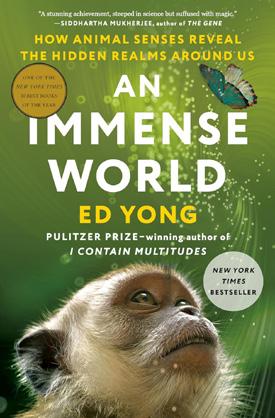
February 25
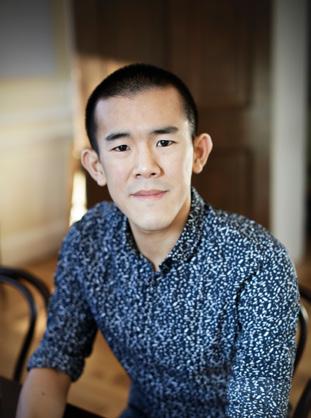
Ed Yong, author of An Immense World
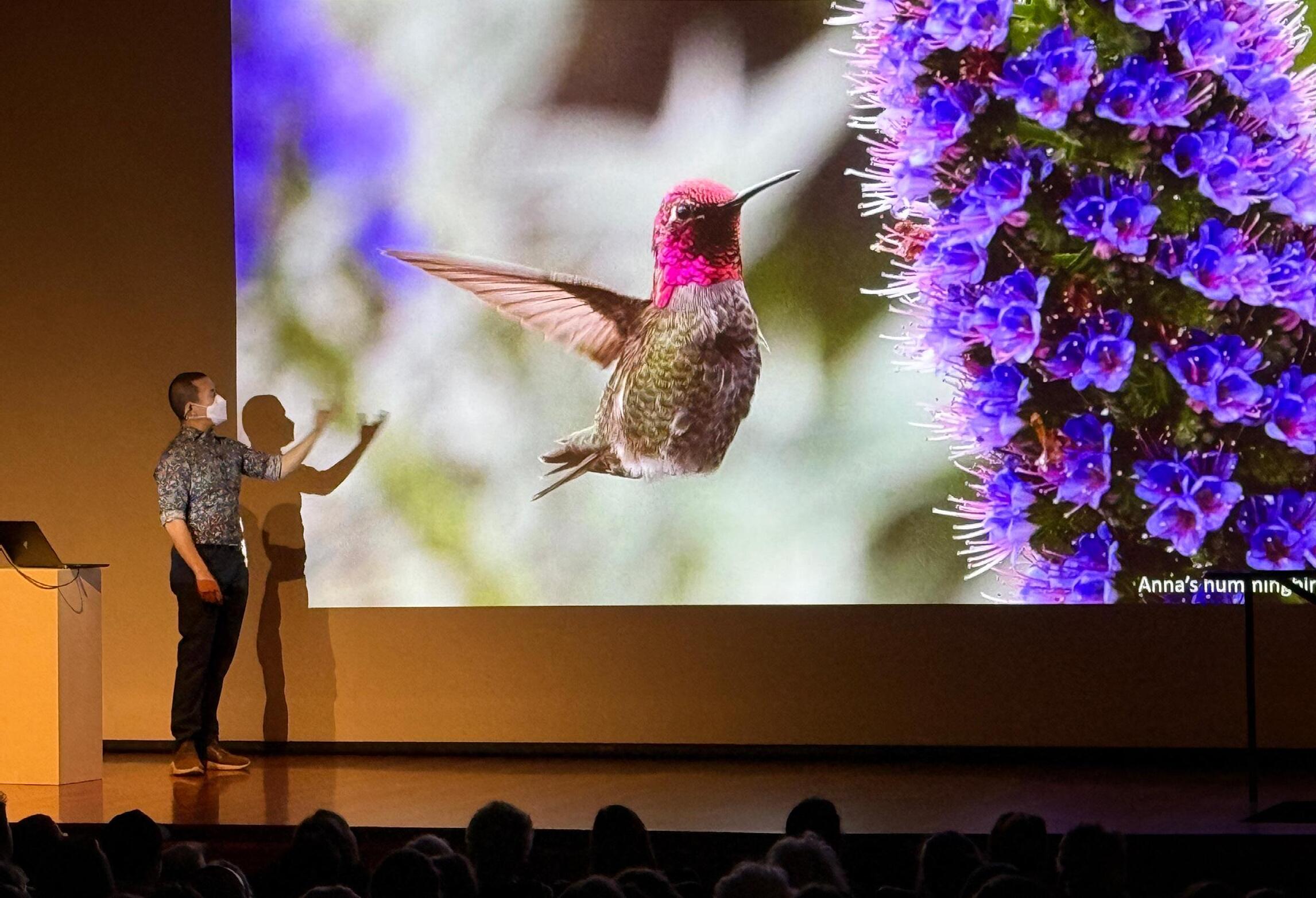


March 4
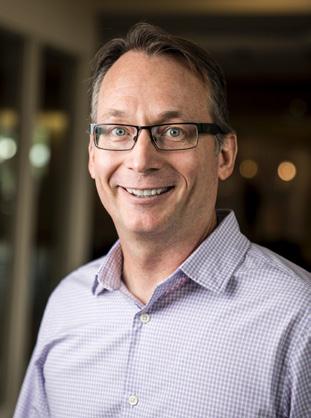
Paul Reeve and panelists, This Abominable Slavery: Race, Religion, and the Battle over Human Bondage in Antebellum Utah
A panel with Mormon Studies featured W. Paul Reeve (Simmons Chair of Mormon Studies and Chair of History) and Christopher Rich (PhD student and Army JAG Corps officer) discussing their book, also co-authored with LeJean Purcell Carruth, This Abominable Slavery: Race, Religion, and the Battle Over Human Bondage in Antebellum Utah, published by Oxford University Press. Their book reveals previously unknown debates in the Utah territorial legislature on laws governing relationships between white enslavers and Black enslaved people, as well as regulations of the indenture of Native children purchased from traffickers. Central was the conflict between Brigham Young, who advocated a “middle path” rejecting chattel slavery while establishing unfree labor, and Orson Pratt, who condemned all forms as “this abominable slavery” and argued for Black male voting rights.
Jordan Watkins (Brigham Young University) praised the book for challenging simplistic pre-Civil War binaries and questioned whether Young’s opposition to chattel slavery was principled or pragmatic. Alice Faulkner Burch (Sema Hadithi African American Heritage and Culture Foundation) observed that examining different forms of unfree labor deepens our understanding of the complex institution of American slavery.
The documents analyzed in the book, available at thisabominableslavery.org, reveal that Utah’s debates reflected national tensions, showing early Mormonism’s racial, religious, and political complexity. The Tanner Humanities Center’s renewed partnership with Mormon Studies includes this event and the Sterling M. McMurrin Lecture series.
Laurel Thatcher Ulrich’s (Harvard University) keynote for Claudia Lauper Bushman’s (Columbia University) festschrift traced connections between academic careers and personal circumstances for women scholars in the 1960s–70s. Ulrich quoted Bushman on why she persisted with graduate studies: “I had to do it. I had to have some life of the mind. When I didn’t, I confronted the abyss.” The lecture marked both the Tanner Humanities Center’s renewed partnership with Mormon Studies and the 50th anniversary of Mormon Sisters: Women in Early Utah, edited by Bushman and foundational to Mormon women’s history scholarship.
Central was Bushman’s relationship with her biographical subject, Harriet Hanson Robinson, the nineteenth-century mill worker-turned-suffragist featured in two of Bushman’s books. Both scholars turned to women’s extensive, previously neglected diaries to illuminate their societies. Ulrich also detailed economic constraints on women’s academic ambitions. Bushman benefited from free tuition as a faculty wife at BYU, but faced open discrimination when pregnant: “I knew there was no more opportunity for me at BYU.” Despite relocations following her husband’s career, Bushman found new archives and ambitions at each move, demonstrating the adaptability required of women scholars of their generation.
Louis Chude-Sokei (Boston University) discussed his 2021 memoir, Floating in a Most Peculiar Way, and his scholarly work on Black diasporic culture, in conversation at the Salt Lake City Public Library with Scott Black (Tanner Humanities Center) and introduced by Vincent Pecora (English). Central to Chude-Sokei’s research is the detachment and unbounded hybridity of Black diasporic cultures. Chude-Sokei challenges assumptions about Black solidarity by emphasizing that different diasporic groups “might be as different as Korean and Japanese.” His story is not simply about “being Black or being an immigrant,” but about “always being an immigrant to multiple nations which have multiple types of Black people.”
Chude-Sokei’s memoir traces his journey from Nigeria to Jamaica to South Central Los Angeles, with the title drawn from David Bowie’s “Space Oddity,” first heard in a Gabonese refugee camp during the Nigerian Civil War. He recounts performances of identity through childhood memories of “practicing being Black Americans” in Jamaica and of his aunt’s advice to “keep his accent strong.” Cultural authenticity, Chude-Sokei argues, is “a very sophisticated kind of performance,” beginning with imitation before developing distinctiveness. This idea is also developed in his scholarship on music, which examines how technology creates similar sonic landscapes across genres, thus making vernacular, not sound, the marker of identity. In dialogue with the audience, Chude-Sokei encouraged reflection not on fixed identities, but on unexpected transitions: “How do you study and map becoming something else that may have no name yet?”
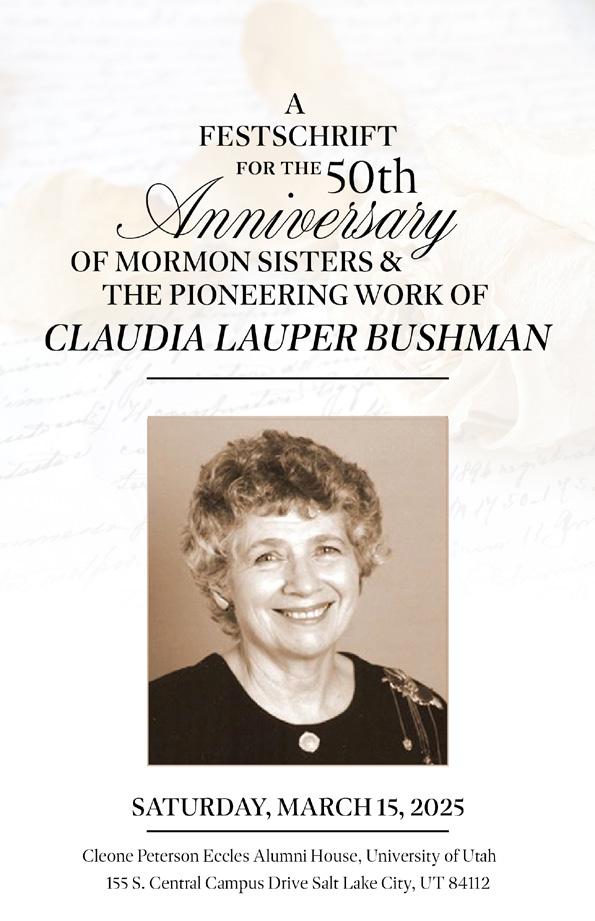
15

April 1
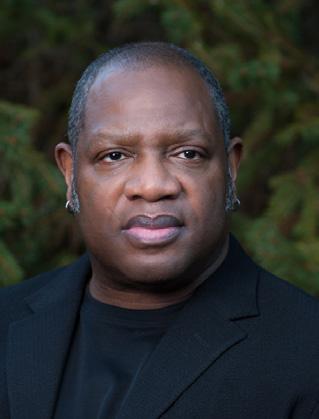
Louis Chude-Sokei, author of Floating in a Most Peculiar Way
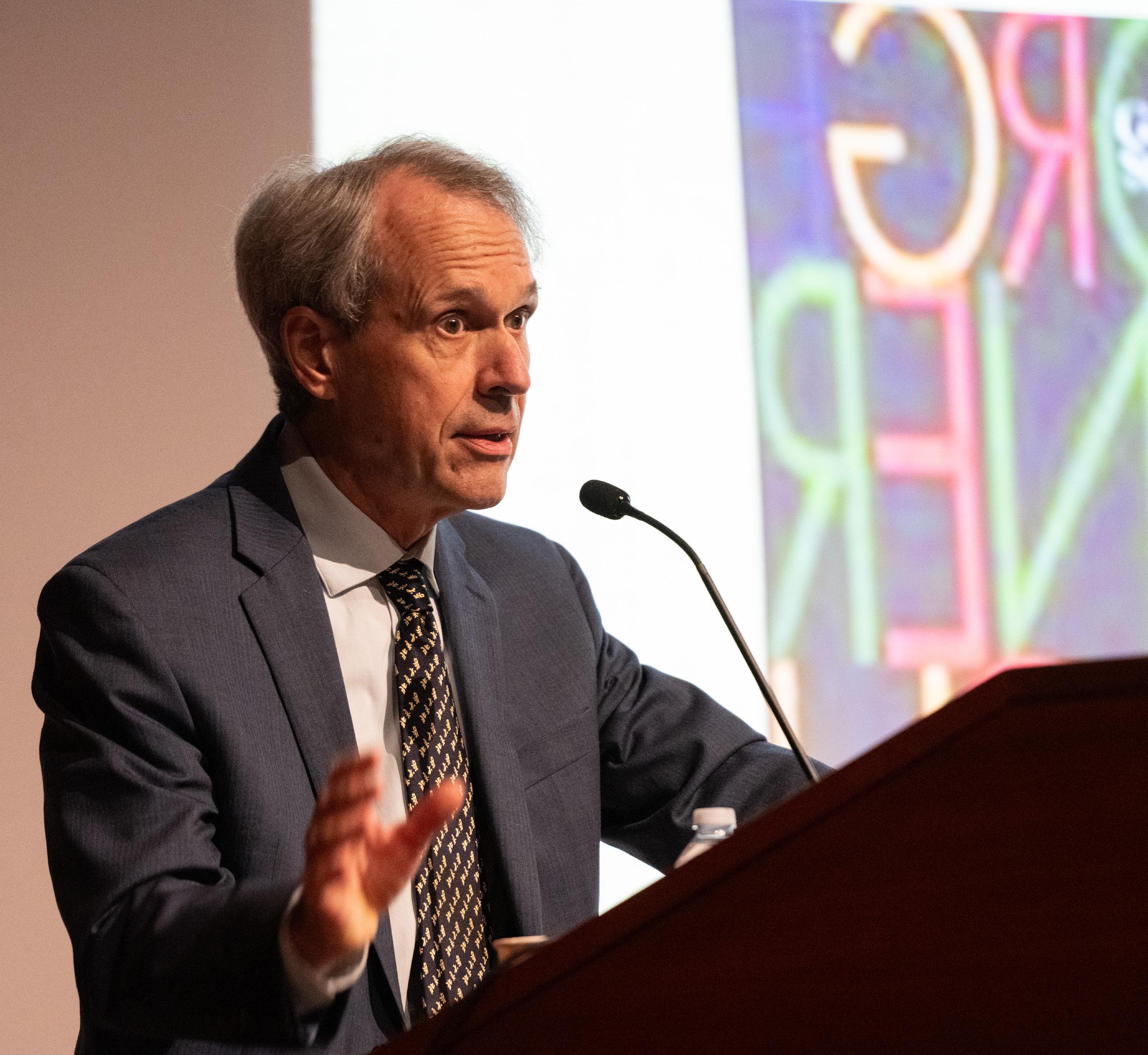

David Damrosch’s (Harvard University) Tanner Lecture, “A Rune of One’s Own: Writing Systems and Cultural Memory,” explored the spread of scripts beyond their original languages, examining medieval Iceland’s interplay between runes and the Roman alphabet after Christianity’s arrival in 1000 CE. Icelandic poet Snorri Sturluson’s prose Edda (1220s) preserved Norse myths not for religious truth, but for poetic value, using alphabetic technology that might have displaced pre-Christian culture. “Scripts are never learned in a vacuum,” Damrosch noted. “In learning a script, people absorb key elements of literary history and its terms of reference.”
The following day’s symposium examined contemporary “script worlds in collision.” Damrosch contrasted Iceland’s peaceful transition with Turkey’s “catastrophic success” in abandoning Ottoman Arabic for Latin script in the 1920s, a reform connected to ethnic cleansing and wholesale cultural loss. He showed road signs where Arabic text was covered by political slogans in current-day Israel, and Russian occupiers replacing Ukrainian place names. In Damrosch’s view, “these are wars over language and culture as much as over territory.”
Symposium
Panel I: East Asian Scriptworlds in Collision
Ashton Lazarus
World Languages and Cultures, University of Utah
“The Middle Path: Wa/Kan Hybridity in TwelfthCentury Buddhist Popular Songs”
Will Hedberg
Arizona State University
“Scratching an Itch Through the Sole of One’s Shoe: Script, Translation, and the Illegible in Early Modern Japanese Fiction”
Cindi Textor
World Languages and Cultures, University of Utah
“(Mis)Translation and the Crisis of Colonial
Korean Literature: Illegibility in Kim Saryang’s ‘Deep in the Grass’”
Raja Adal
University of Pittsburgh
“The Global Script Regime: Foray into a World History of Scriptworlds”
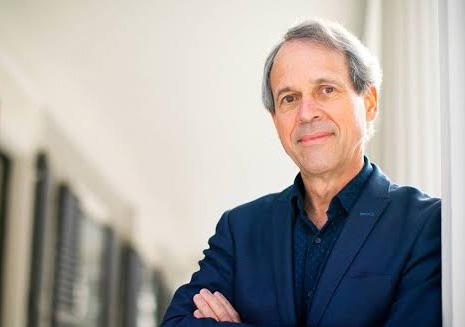
April 9–10
David Damrosch, Tanner Lecture on Human Values: “A Rune of One’s Own: Writing Systems and Cultural Memory” & Symposium: “Scriptworlds in Collision”
Panel II: Middle Eastern Scriptworlds in Collision
Jordan Johansen
World Languages and Cultures, University of Utah
“Egyptian Hieroglyphs as a Symbolic Scriptworld”
Annie Greene
History, University of Utah
“‘The New Script (al-khatt al-jadid)’: Transforming Arabic into the Language of Modernity?”
Liron Mor
University of California, Irvine
“Scripting Disappearance: Erasure as Conflict in Palestine-Israel”
Rawad Wehbe
World Languages and Cultures, University of Utah
“Poetry under Occupation: Arab Poets Writing Across Scriptworlds”
Obert C. and Grace A. Tanner Humanities Center Visiting Research Fellowship
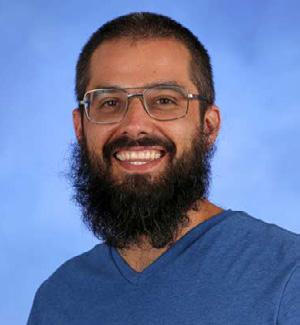
John Harfouch
Associate Professor of Philosophy, University of Alabama
“Researching the Fayez Sayegh Archives”

Jake Nelson
Associate Professor, Department of Communication
“The Polarization of American Jews: The Fracturing of a Community through the Eyes of Its Journalists”
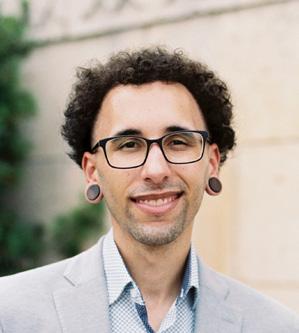
Brandon Render Assistant Professor, Department of History
“The Colorblind University: A History of Racial Ideologies in Higher Education”

Thérèse De Raedt Professor, Department of World Languages and Cultures
“Figuring Postcolonial Littoral Spaces”
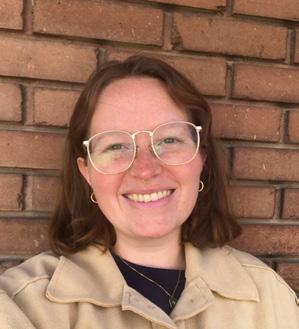
Megan Weiss PhD candidate, Department of History
“The Daughters of Utah Pioneers: A Study of Utah Heritage, Religion, and Gender”
Graduate Research Fellows
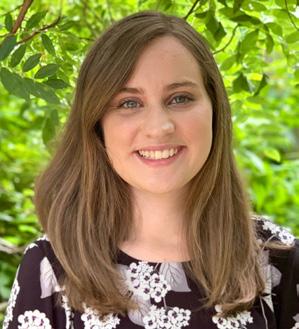
Jessie Chaplain PhD candidate, Department of Communication
“(Re)Imagining Climate Justice Trajectories: Transnational Coalitions and Worldmaking in the UNFCCC”

Lindsey Webb PhD Candidate, Department of English
“Orange Greens”
Annie Clark Tanner Teaching & Research Fellow in Environmental Humanities

Ataya Cesspooch PhD candidate, UC Berkeley
“Making Power: Oil and Gas, Land Relations, and Indigenous Sovereignty on the Northern Ute Reservation”
Career-line Fellows
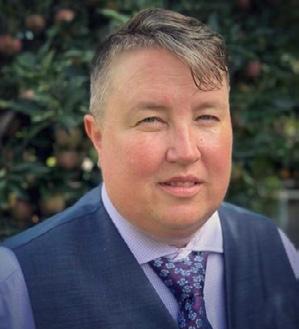
Alexis Christensen Associate Professor, Department of World Languages and Cultures
“A Cultural Companion to the Bacchanalian Conspiracy (186 BCE)”
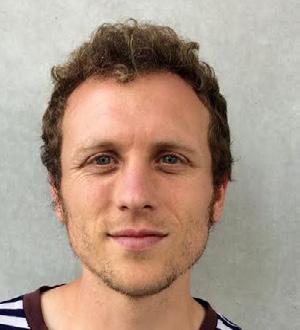
Christopher Miller Assistant Professor, Honors College
“Public Enemies: Sounding the Limits of Democracy in the American Lyric”
With the support of the O.C. Tanner Company, the Center offers research fellowships to faculty and graduate students from Utah and other institutions. Each fellow presents a Work-in-Progress talk in the spring semester in the Jewel Box seminar room.
Jake Nelson’s research on American Jewish polarization following October 7, 2023, revealed that Jewish news audiences have come to seek emotional validation, rather than just information; journalists respond to readers who are “grieving,” “shaking,” and “scared.” In this context, the traditional Zionist/anti-Zionist binaries prove inadequate for understanding the Gaza war’s consequences in American Jewish culture. Brandon Render traced colorblindness’s evolution in higher education, from supporting to dismantling affirmative action. Render brings together archival materials from the 1930s through Stanford’s 1980s Western Culture debates, charting how the supposedly neutral concept of colorblindness has functioned as a thought experiment, legal doctrine, and administrative procedure.
Christopher Miller appraised vagrancy’s ambivalent role in American lyric poetry from Whitman to Gwendolyn Brooks, showing that poets adopt transient personas to contest belonging and personhood—with Black musicians like Bessie Smith voicing forced displacement, in contrast to romanticized wandering. Lindsey Webb’s essay collection on extraction landscapes examines the Kennecott Mine’s paradox of being visible from space yet illegible at human scale, investigating perceptual disorientation across visual, personal, and historical contexts, including her own great-grandfather’s mining history. Jessie Chaplain’s fieldwork at UN climate summits follows Global South activists’ reframing of a “just transition” in energy, from narrow technical fixes, to demands for “economies of care” through reparations and redistribution.
Alexis Christensen’s cultural companion to Livy’s Bacchanalian Conspiracy of 186 BCE provides context for Latin students, explaining Roman social anxieties, freed sex workers’ recognizable character types, elite house design, and day/night symbolism. She noted the etymological aptness of conspiracy—meaning “breathing together”—as an oath of conspiratorial unity. John Harfouch explored the understudied Fayez Sayegh archives at Marriott Library. This archive contains 400 boxes documenting the Palestinian intellectual’s material analysis of Zionism, and his extensive U.S. lecture tours, which are vital for understanding the Israel–Palestine conflict’s intellectual history.
Megan Weiss presented the first comprehensive history of the Daughters of Utah Pioneers, tracing its evolution from local heritage society to the primary keeper of Utah’s pioneer memory through material culture and monuments. Her unprecedented archival access reveals the DUP’s complex relationship with Mormonism and its role in integrating Utah into American “civil religion.” Ataya Cesspooch challenged “ecological noble savage” stereotypes in current indigenous environmental conflicts, arguing that Northern Ute oil and gas development expresses tribal sovereignty as much as pipeline resistance elsewhere. Thérèse de Raedt analyzed postcolonial beaches as complex contact zones in Tunisian film. Her project spans from Club Med’s egalitarian origins to contemporary migration tragedies, where beaches represent thresholds—between leisure and labor, arrival and death.
The Tanner Humanities Center supports faculty Research Interest Groups on interdisciplinary topics, methods, and projects. With the Center's support, Groups can gain access to specialized materials, travel for scholarly research, and invite outside speakers.
British Studies
Vince Cheng and Nadja Durbach
Book History
Chelsea Reutke
Contemporary Middle East Fiction
Annie Greene and Scott Black
Environmental Humanities
Jessica DiCarlo and Danielle Endres
Premodern Studies
Ashton Lazarus and Mujeeb Khan
Environmental Storytelling
Nathan Wainstein and Sam Tett
Multiliteracies
Karin Baumgartner
Writing Academic Biography
Isabel Moreira
In a longstanding collaboration with the Salt Lake Film Society, the Center hosts screenings of productions from the National Theatre in London at Broadway Centre Cinemas in downtown Salt Lake City.



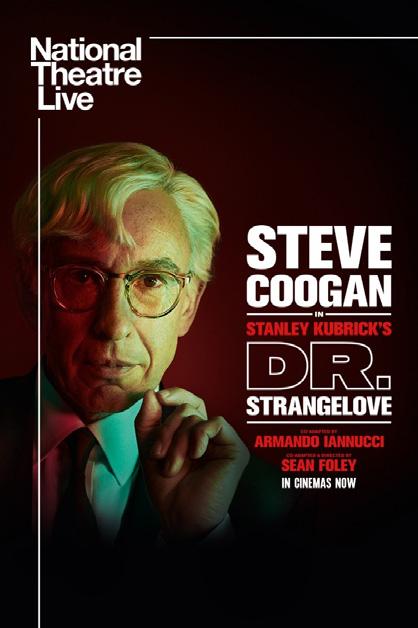
October 12
Fleabag, starring Phoebe Waller-Bridge
November 9
Present Laughter, featuring Andrew Scott
January 11
Nye, featuring Michael Sheen
March 22
The Importance of Being Earnest, featuring Sharon D. Clarke and Ncuti Gatwa
April 19
Dr. Strangelove, starring Steve Coogan
September, 2024 | College of Humanities & the Games Division
Games Humanities Symposium
This two-day interdisciplinary symposium held in Snow Bird featured 17 scholars from the University of Utah and around the country.
October, 2024 | Marriott Library
Banned Books Week lecture by Emily Knox: “Book Banning, The Culture War, and the Election”
November, 2024 | American West Center
John Valliant, “From Ashes to Action: Hope Under the Smoke”
February, 2025 | Middle East Center
Invited lecture by Sayed Kashua, “Impossible Hope: The Journey of a Palestinian Writer in Hebrew Literature”
March, 2025 | Mormon Studies
Global Mormon Studies Conference
Featuring the Sterling M. McMurrin Lecture on Religion and Culture by Laurel Thatcher Ulrich
March, 2025 | Mormon Studies
Taylor Petrey, “Tabernacles of Clay: Sexuality and Gender in Modern Mormonism”
April, 2025 | Asia Center
Yen Le Espiritu, “Loss & Found: ‘Sutured Kinship’ in the Aftermath of War & Displacement”
April, 2025 | Center for Health Ethics, Arts, and Humanities
An Evening with Kate Bowler
April, 2025 | League of Women Voters
Luncheon and symposium, “Literary Freedom: A Cornerstone of Democracy”
April, 2025 | Middle East Center
MENA Conference, “Gender, Authoritarian Entrenchment, and Democratic Backsliding in the Middle East and North Africa”
May, 2025 | Salt Lake Film Society
Filmexico, Masima Pacific Island Film Festival, Screendance
June, 2025 | Marriott Library
Lizzie Callaway and Rebekah Cummings, “ Humanities Perspectives on Artificial Intelligence ” summer institute
This institute was originally scheduled for an intensive three-week session for higher education faculty from across the country, with support from the National Endowment for the Humanities. However, federal funding cuts terminated many NEH programs, including support for this institute. With the support of the Tanner and other campus and community partners, Callaway and Cummings will offer a two-week Institute this summer for 30 faculty participants.
Our new collaborative model of fellowship support, Tanner Labs, support shared, interdisciplinary, and experimental work in the Humanities. Each Tanner Lab funds a team of researchers for two years to develop an innovative collaborative research project that experiments with emerging theoretical questions, research methods, pedagogical practice, and forms of public engagement.
Our first Lab, co-directed by Nathan Wainstein, Justin Carpenter and Sam Tett, explores Environmental Storytelling (ES). A concept drawn from game development, ES refers to methods of delivering stories through designed environments, spaces, or settings. In addition to developing a shared research agenda with faculty and students from the Humanities and the Division of Games, the Lab will also create a physical space for teaching classes, hosting experts, and leading creative research experiments in ES. The ES Lab will be the first of its kind in the nation, placing the Tanner Humanities Center at the forefront of an exciting new field of interdisciplinary research.
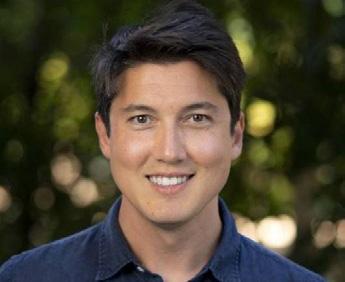
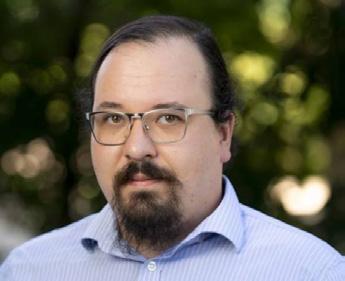
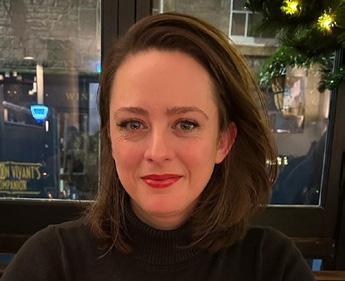
The Tanner Book Club, facilitated by Scott Black, brings together passionate and thoughtful readers from across the Salt Lake Valley to discuss classic novels. Our monthly conversations are lively and feature a broad range of perspectives from our participants, which include businesspeople, lawyers, University staff, retirees, local teachers, and health professionals.
This year we focused on classic British novels from Virginia Woolf, E.M. Forster, and George Eliot, but with our first book next year we will venture into classic world literature and tackle Tolstoy’s Anna Karenina.
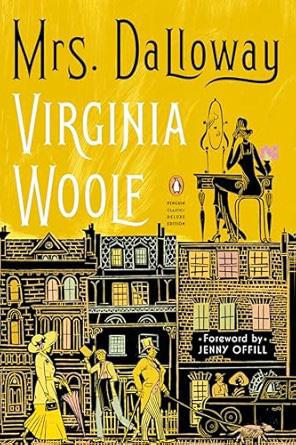
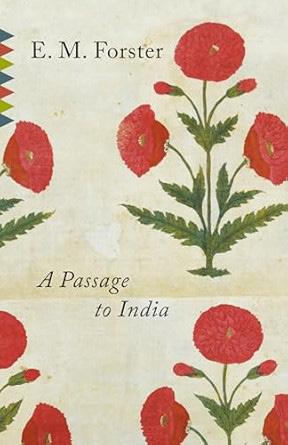
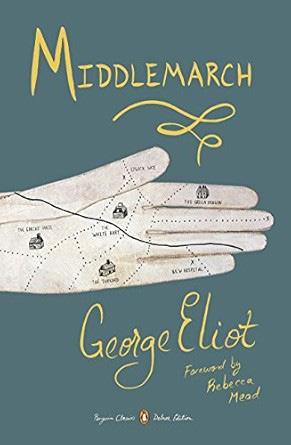

Named after our seminar room, The Virtual Jewel Box hosts conversations at the Tanner. We share research, commentary, interviews, dialogue, and storytelling from across humanities disciplines. Episodes are hosted by the Center’s team or Utah faculty, and feature guests from the campus and community. The Virtual Jewel Box can be found on Apple Podcasts, YouTube, and Spotify.
On Death and Memory: Alice Dailey, author of Mother of Stories with Lindsey Drager
Bloodborne and the Aesthetics of Video Games with Nathan Wainstein and Michael W. Clune
Sex and the Planet with Peggy Battin and Jim Tabery
Oscar Wilde in Utah with Randell Hoffman and Robert Carson
Writing in the Age of AI with Lizzie Callaway and Scott Black
Cultures of the Black Diaspora with Louis Chude-Sokei and Scott Black

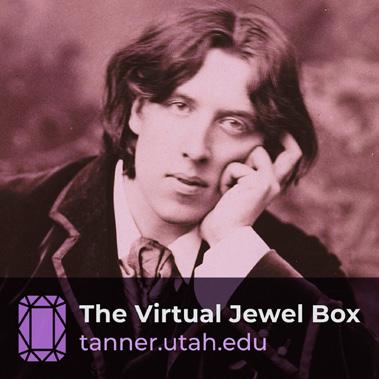
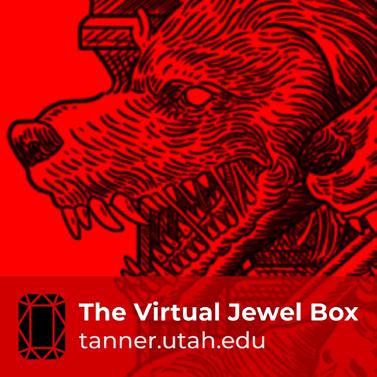



Dr. Strangelove, the Cold War, and American Culture with Matt Basso and Megan Weiss
Mistrusting the News with Jake Nelson and Robert Carson
Freedom, Kindness, and Beauty: The Legacy of Obert C. Tanner with Mark Matheson and Scott Black
Abolitionist, Saint, Queen: Balthild of Francia with Isabel Moreira and Scott Black
Aesthetic Experience with Bryan Counter and Nathan Wainstein
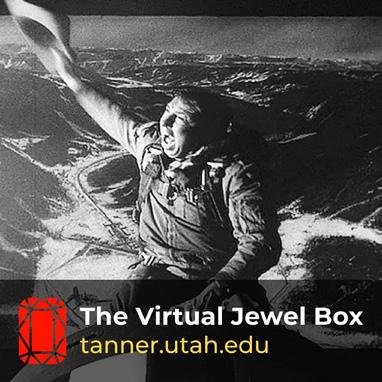





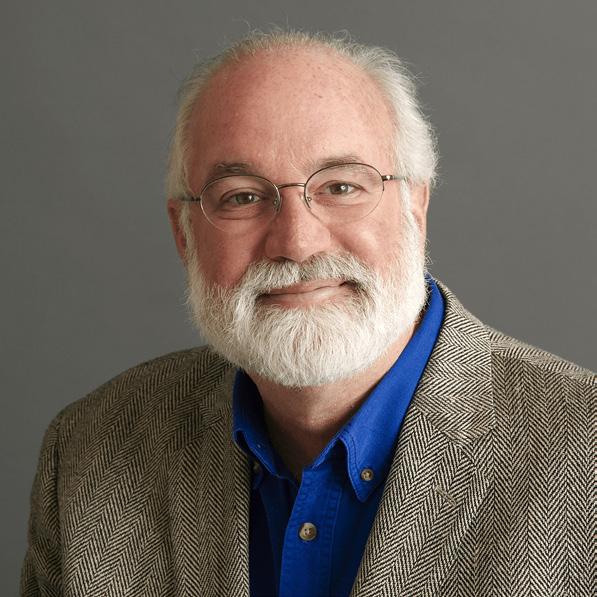
JANUARY 21, 2026
Fr. Gregory Boyle, Sterling M. McMurrin Lecture
This year, the Tanner Humanities Center reestablished its partnership with Mormon Studies at the University of Utah. Originally launched in 2010 under the leadership of Dr. Robert Goldberg, then Director of the Tanner Humanities Center, Mormon Studies engages the vibrant intellectual exploration of the Church of Jesus Christ of Latter-day Saints and all religious traditions that trace their roots to Joseph Smith, to better understand their many institutions, histories, cultures, and peoples.
This year, the Tanner Humanities Center presented a Tanner Conversation with Dr. Paul Reeve, Director of Mormon Studies, and Christopher Rich about their new book, This Abominable Slavery: Race, Religion, and the Battle over Human Bondage in Antebellum Utah. The authors were joined by Alice Faulkner Burch, Director of Oral History at the Sema Hadithi African American Heritage and Culture Foundation, and Dr. Jordan Watkins, Associate Professor of Religious Studies at BYU.
We also relaunched the Sterling M. McMurrin Lecture on Religion and Culture with a lecture by Pulitzer Prize-winning historian Laurel Thatcher Ulrich, on Claudia Lauper Bushman. Both Dr. Ulrich and Dr. Bushman are pioneering scholars of the social history of women in the LDS Church, and Dr. Ulrich’s lively lecture proudly celebrated the work, the challenges, and the hard-earned rewards of establishing this vibrant field of American history.
Our next McMurrin Lecture in January, 2026 will feature Father Gregory Boyle, Founder and Executive Director of the gang intervention and rehabilitation program, Homeboy Industries, in Los Angeles.
We have created a new Community Advisory Board for the Tanner Humanities Center. The Board will help to steer the Tanner’s public programming, develop creative approaches to new audiences, and support our mission to bring the vitality of the Humanities to everyone in our community. At our first meeting this spring, the new Board discussed strategies for strengthening connections between the Center and the broader community, exploring new programming opportunities, developing effective marketing, and supporting the Center’s development initiatives.
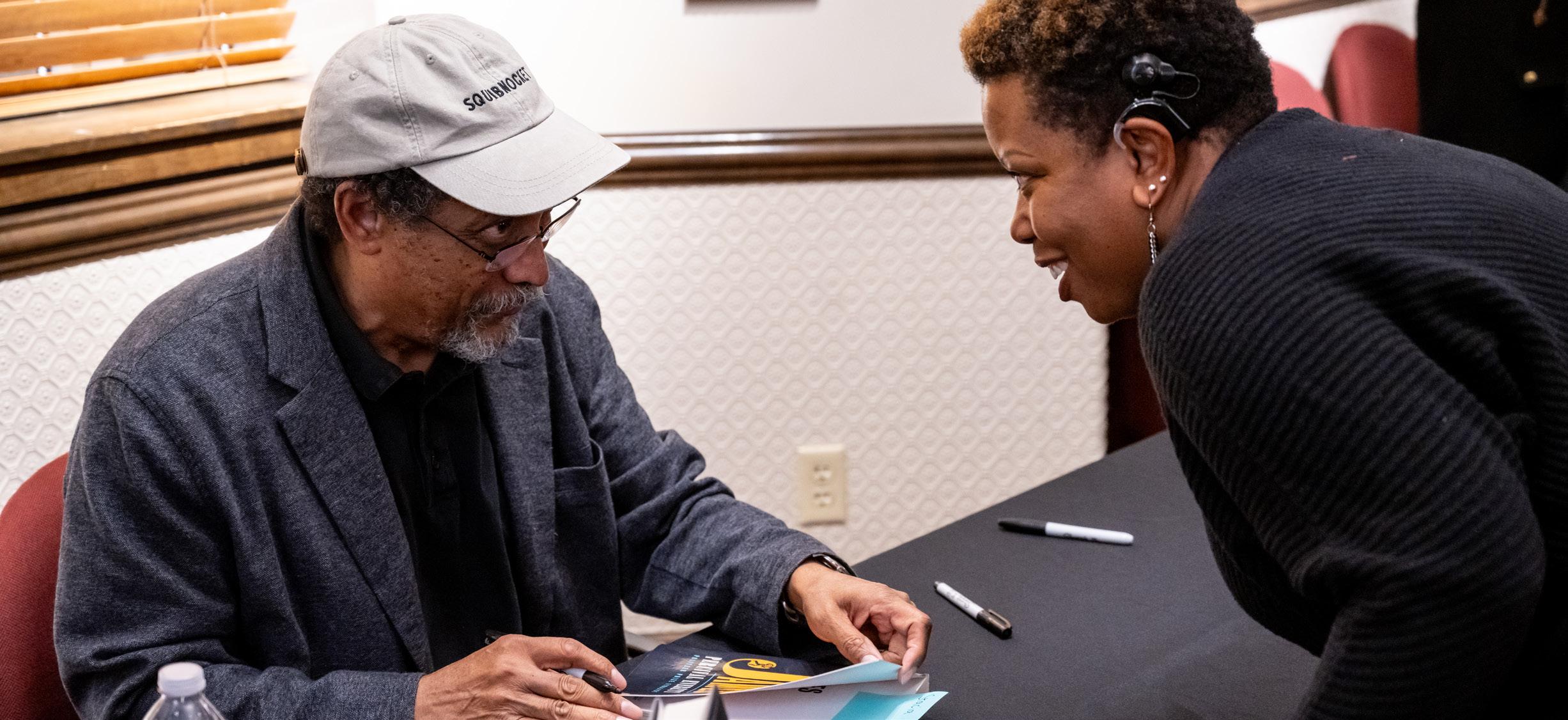
Tanner Talks and Conversations: 1605
National Theatre Live: 521
YouTube: 10,661 views from May 2024–May 2025
The Virtual Jewel Box Podcast: 774 downloads since launch in February, 2025
Given limited digital marketing resources of the Center, this level of engagement with our original content speaks to its high quality and broad interest.
PBS Utah’s Contact with Mary Dickson: Director Scott Black guest appearance to promote Tanner events: January 28, 2025, for Tanner Conversation with Isabel Moreira; April 8, 2025, for National Theatre Live: Dr. Strangelove.
Director Scott Black and Associate Director Robert Carson: “In Utah, diverse literature should be celebrated with the same vigor as the Olympics,” Salt Lake Tribune, September 3, 2024.
In the context of new leadership in the Center and College, the Center’s activities and new initiatives in 2024–2025 met last year’s goals, to: strengthen alignment with College priorities; establish regional and national partnerships; foster interdisciplinary collaborations; expand programming for students and community; restructure advisory boards; and elevate the Humanities’ role in advancing the University’s mission.
Secure support for two new fellowships:
Tanner-Marriott Special Collections Fellowship
The Marriott Library houses several unique archives in its Special Collections, including archives on the American West, the Middle East, avant garde poetry, and artists’ books. Scholars from across the country and the world come to the U to use these collections. We have begun discussions with Marriott Library Dean Sarah Shreeves to develop a joint Tanner-Marriott Special Collections fellowship to bring scholars to the Tanner Humanities Center, specifically to work with Marriott’s Special Collections. This targeted fellowship will increase the prominence and the accessibility of both partners. Fellows will benefit not only from access to the Library’s collections, but also from the vibrant scholarly community of the Tanner’s fellowship program.
Graduate students in the College of Humanities are increasingly interested in careers in Public Humanities. We are in conversation with Jodi Graham, Director of Utah Humanities, about creating a joint THC-UH fellowship in Public Humanities. The fellowship will provide an opportunity for a graduate student working in Public History, Literature and Literacy, or Education to spend a year working with Utah Humanities. With this fellowship, students would recieve valuable hands-on experience and material for their dissertation. In light of recent aggressive cuts to funding for Utah Humanities, we are exploring supplemental funding opportunities with additional partners.
Host additional on-campus National Theatre Live screenings.
Establish a tradition of recurring programming in Park City, beginning with National Theatre Live and presentations by U faculty (such as Chris Low on the Middle East and Paul Reeve on the Century of Black Mormons).
In anticipation of the Olympics returning to Salt Lake City, we will be working with the Department of Communication on coordinated programming in Sports Humanities.
This initiative will focus on the areas of sports media production; storytelling and sports (podcasting and long-form journalism) and sports ethics and philosophy. We will also partner with departments to develop an interdisciplinary undergraduate class on sports humanities. This course will feature Tanner Talks with local sports professionals such as skiers, skaters, climbers, and bikers for joint public and student audiences. Discussion sections for the course will build on ideas and issues from the public events.
Friday, September 19
Symposium: “The Water Commons: Living Legacies of Utah Waterways”
Co-hosted with the American West Center and Environmental Humanities. In collaboration with humanities centers in Arizona, Colorado and Wyoming, through the Consortium of Humanities Centers and Institutes
Wednesday, September 24
Tanner Conversation with Daniel Mendelsohn
Translator of Homer's Odyssey, author of Ecstasy and Terror: From the Greeks to Game of Thrones, and Editor-at-Large of The New York Review of Books
Thursday, October 16
An Evening with Great Books
Thursday, October 23
David P. Gardner Lecture in Humanities and Fine Arts by Jesmyn Ward
Author of Let Us Descend and Sing Unburied Sing
Thursday, November 13
Tanner Conversation with Cindi Textor
Associate Professor, Department of World Languages and Cultures, author of Intersectional Incoherence: Zainichi Literature and the Ethics of Illegibility
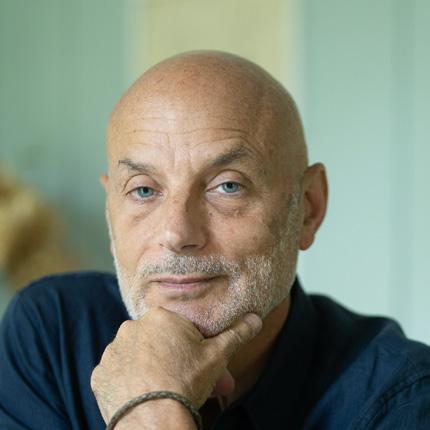
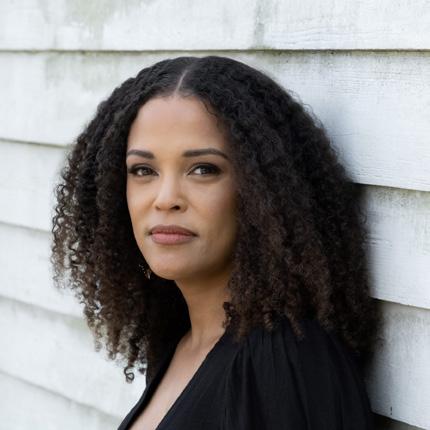
Wednesday January 2
Sterling M. McMurrin Lecture on Religion and Culture by Fr. Gregory Boyle
Founder and Executive Director of the gang intervention and rehabilitation program, Homeboy Industries
Wednesday, February 18
Tanner Conversation with Cory Doctorow Science fiction novelist and technology journalist, author of The Internet Con: How to Seize the Means of Computation
Tuesday March 24–Wednesday March 25
Tanner Lecture on Human Values — “The Elementary Forms of Human Freedom” by David Wengrow
Archeologist and author with David Graeber of The Dawn of Everything: A New History of Humanity
Tuesday, March 31
Tanner Conversation with Joseph Metz
Associate Professor, Department of World Languages and Cultures, author of The Feeling of the Form: Empathy and Aesthetics from Büchner to Rilke
In April, date to-be-announced How to Watch The Real Housewives of Salt Lake City: Scholarly Thinking about Religion, Commerce, and Community
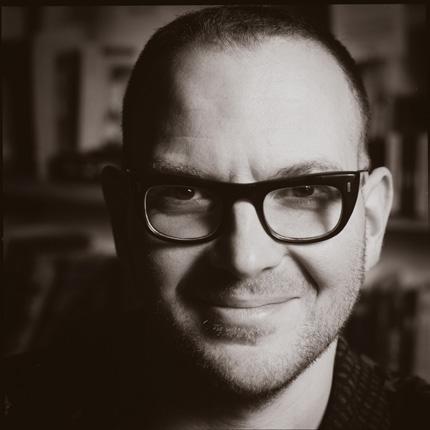

Helga Shugart Communication
Scott Black English

Nadja Durbach History

Jim Tabery Philosophy
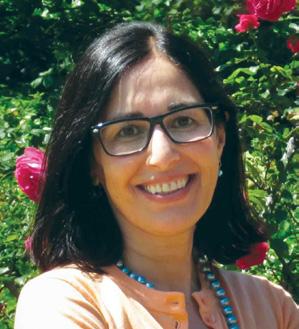
Soheila Amirsoleimani World Languages & Cultures
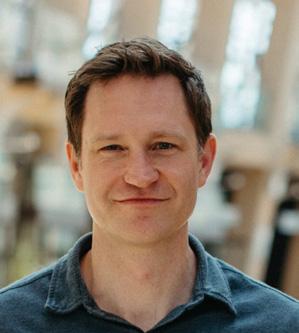
Noah Baskett Director and CEO, Salt Lake City Public Library
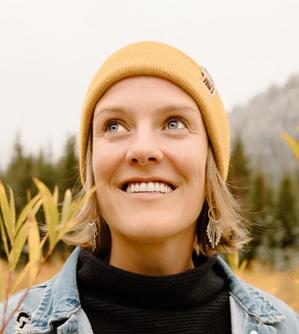
Emily Grubby Program and Outreach Coordinator, Utah Humanities
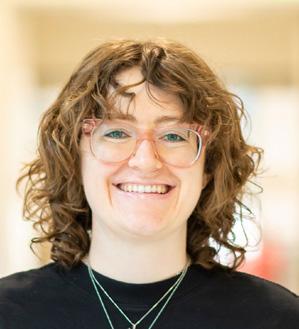
Megan Bettilyon Office of Equal Opportunity, University of Utah

Stephen Tanner Irish O.C. Tanner Company

Aniko Csirmaz Linguistics
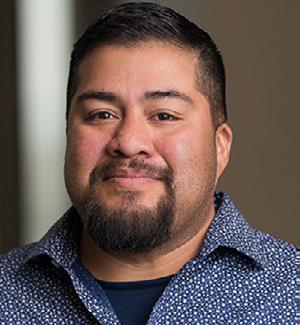
Romeo Garcia Writing & Rhetoric Studies
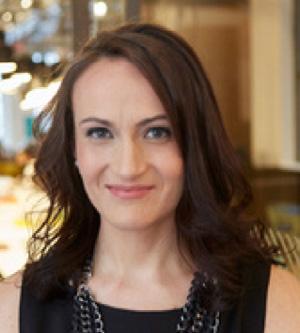
Havilah Clarke Global marketing communications and corporate affairs leader
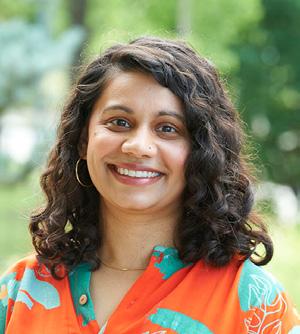
Chandani Patel Director of Equity and Inclusion, Rowland Hall
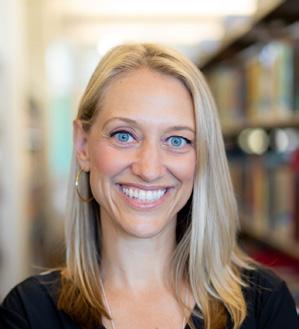
Rebekah Cummings Librarian and Director, Digital Matters, Marriott Library, University of Utah
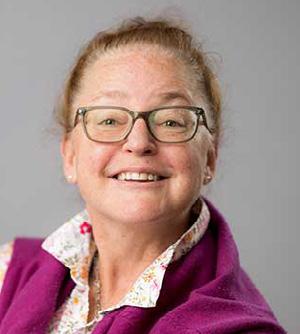
Marie Wintriss Associate Director of Digital Content & Strategy, University of Utah
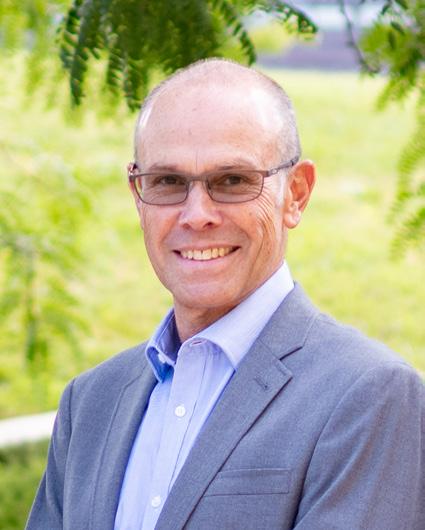
Scott Black Director
Dr. Scott Black is a noted scholar of eighteenth-century British literature and the long history of prose fiction. He has published widely on the development of the early British essay and on a broad range of writers from Heliodorus and Cervantes to Eliza Haywood, Henry Fielding, David Hume, Laurence Sterne, and Iharu Saikaku. His most recent book, Without the Novel: Romance and the History of Prose Fiction (2019) restores the genre of romance, the black sheep of modern literary histories, to its proper place as a centrally important form of storytelling and a vital mode of readerly pleasure. He is currently working on a project about Ursula K. Le Guin’s innovative later work, which challenges familiar forms of heroic narrative from the perspective of Daoism. Dr. Black regularly teaches courses on Le Guin, as well as on contemporary global literature, the history of the novel, experimental fiction, and fantasy.
Prior to serving as Director of the Tanner Humanities Center, Dr. Black was Chair of the English Department for seven years. He has been awarded fellowships from the Huntington Library, UCLA’s Clark Library, the Folger Shakespeare Library, and the Ransom Humanities Center at University of Texas at Austin. He is the recipient of the College of Humanities’ Ramona Cannon Award for Teaching Excellence and the ASUU Student Choice Teaching Award.
Dr. Black holds a Ph.D. in English from Johns Hopkins University and a B.A. with first class honors from McGill University.

Robert Carson Associate Director
As Associate Director of the Tanner Humanities Center, Robert Carson writes and curates content showcasing the Center’s work, collaborates with faculty and fellows to promote their scholarship to the public, and assists with the Center’s development and grant activities. Before coming to Utah, he held faculty appointments at the Peabody Conservatory of Johns Hopkins University and at Texas A&M University at Qatar. His teaching has included courses in literature, first-year composition, professional and technical writing, and literary theory. Previously, he was Director of the Writing Center at Johns Hopkins University.
Robert received his BA in English and Germanic Languages and Literatures at the University of Illinois at Urbana-Champaign, and his PhD in English from Johns Hopkins University. His scholarly interests include Anglophone modernism and political rhetoric, and he has published articles on Susan Sontag, Wyndham Lewis, and George Orwell.
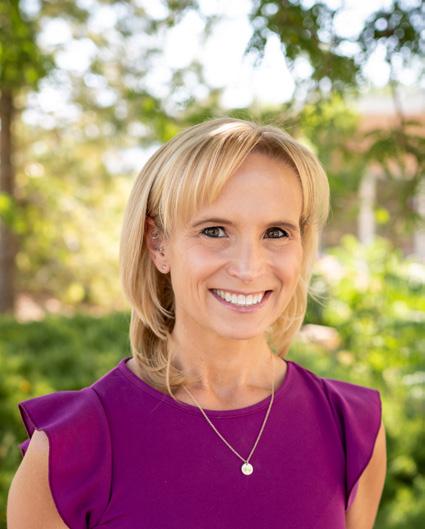
Beth James Administrative Director
Beth James, Tanner Humanities Center Administrative Director, received bachelor’s degrees with honors in English and Psychology from Boston University. She has worked at the Tanner Humanities Center since 2003 and was appointed Administrative Director in 2022. James is responsible for all center operations. She handles budgets, accounts, payroll, and contracts; processes fellowship applications; coordinates all contracts for speakers and events; manages planning logistics for visiting speakers; and assures compliance with accounting, human resource, and development policies and procedures. She coordinates with Tanner Humanities Center Advisory Boards, University of Utah partners and faculty, and community organizations. She also administers the multiuniversity Tanner Lectures on Human Values series, organizes annual meetings for the Tanner Board of Trustees, and oversees the center’s Gateway Workshops and National Theatre Live Program. James’ strategic acumen, deep institutional knowledge, and ability to manage multiple programs, complex logistics, and varied constituencies make her an invaluable member of the Tanner Humanities Center Team. She also played a central role in developing, planning, and executing two NEH Landmarks of American History and Culture Workshops (Manifest Destiny Reconsidered: The Utah Experience) in 2017 and 2019.

Tanner Humanities Center
Carolyn Tanner Irish Humanities Building
215 S Central Campus Dr Rm 110
Salt Lake City UT 84112
tanner.utah.edu